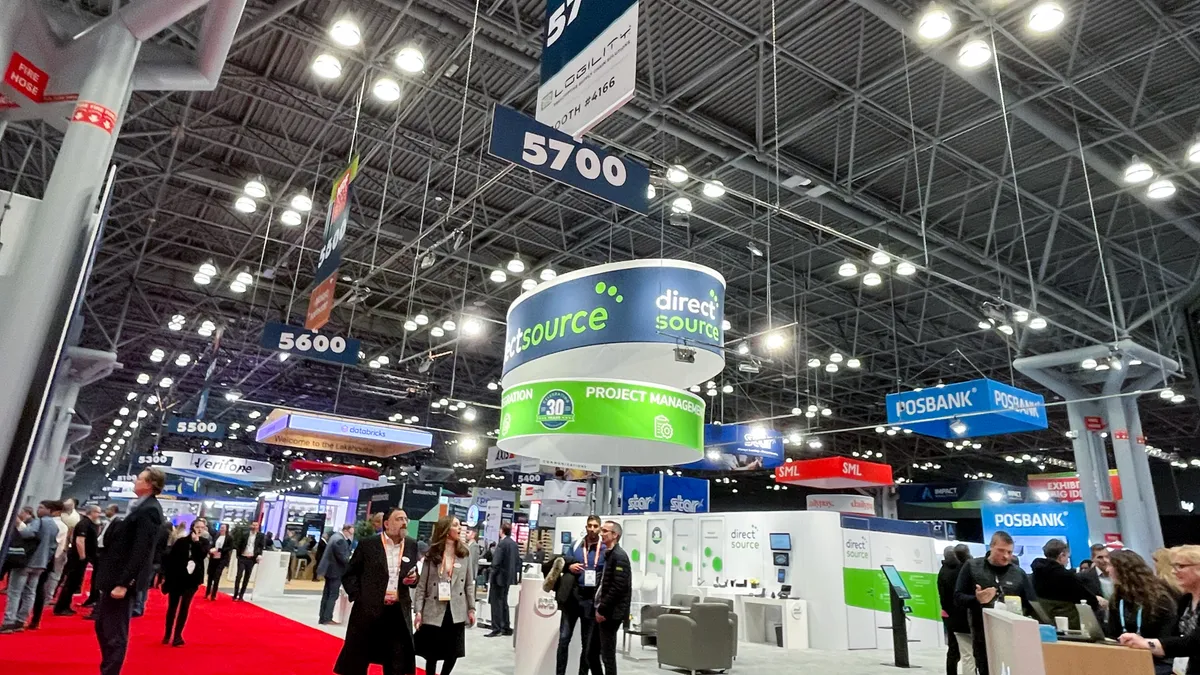The National Retail Federation on Thursday announced the launch of a Center for Retail Sustainability. The center is intended to support retailers’ efforts to generate economic value while creating net positive environmental, social and community benefits.
The center’s initial focus areas will include leveraging consumer insights around sustainability products and practices and improving supply chain traceability within the retail industry. In partnership with Deloitte, the center will also focus on facilitating the emergence of the circular economy.
“The NRF Center for Retail Sustainability will augment industry sustainability efforts and resources across the retail sector, centralizing engagement across the full retail value chain,” NRF President and CEO Matthew Shay said in an announcement. “Its work will highlight the many ways retailers are making their own operations more sustainable and making it easier for consumers to find high-quality, affordable and more sustainable products.”
Scot Case, the NRF’s vice president of corporate social responsibility and sustainability, will serve as the center’s executive director. An external advisory board, comprised of senior-level sustainability executives, industry partners, academics and subject-matter experts, will govern the new organization, the NRF said in the announcement. The center will also leverage existing activities from the NRF’s Sustainability Council.
According to Deloitte’s 2023 CxO2023 Sustainability Report, 59% of retailers are using more sustainable materials, 49% are developing new climate-friendly products or services and 50% are training employees on climate change actions and impact. However, just 43% reported updating or relocating facilities to enhance resistance to climate impacts and 33% said they tied the compensation of senior leadership to environmental sustainability practices.
One way retailers have been looking to operate more sustainably is by introducing resale programs. “We expect future retail models, especially those used by large companies, to combine mainline, outlet, and resale models,” Deloitte said in another report. “Since consumers are becoming more demanding regarding sustainability, it is only logical that brands would want to control their own resale channels.”















